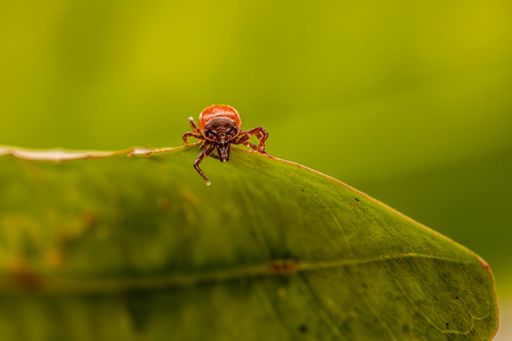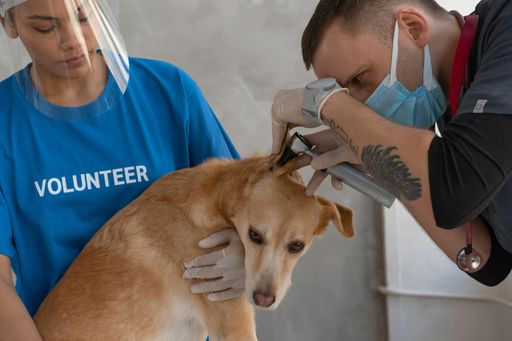Introduction
Spring is a time of renewal, with longer days and warmer weather, but it can also bring a host of allergies and illnesses for you and your furry friend. As the weather starts warming up, it's important to protect your dog from common springtime allergies and illnesses. Here are some tips for keeping your dog healthy and safe this spring.
Watch for Allergic Reactions
One of the dog's most common springtime allergies is seasonal allergies, also known as atopy. Symptoms of atopy include itching, redness, and skin irritation and can be triggered by pollen, grass, and other allergens in the air. If you suspect your dog is experiencing an allergic reaction, take them to the vet for a proper diagnosis and treatment. A Cavapoo's hypoallergenic trait is great for people with allergies. So if you have allergies to dogs, then cavapoos are a good dog to help avoid allergies.
Keep Your Dog Hydrated
With warmer weather usually comes increased thirst, so it's important to make sure your dog stays hydrated. Offer plenty of fresh water and encourage your dog to drink throughout the day. Also, consider investing in a portable water bottle or bowl for your dog so that you can keep them hydrated while on the go.
Protect Your Dog from Parasites
Spring is also a time when fleas, ticks, and other parasites become more active, so it's important to take steps to protect your dog from these pests. Make sure your dog is up-to-date on their flea and tick preventative medication, and consider using a natural or essential oil-based repellent. Additionally, be sure to check your dog for ticks after spending time outdoors, as ticks can carry serious diseases such as Lyme disease.
Avoid Toxins and Poisonous Plants
Spring is a time of growth and renewal, but it's also when many plants begin to grow and bloom. Some plants, such as lilies, tulips, and azaleas, can be toxic to dogs if ingested. To keep your dog safe, keep them away from poisonous plants, and consider planting pet-friendly alternatives in your garden.
Exercise with Caution
Warmer weather means more opportunities for exercise and play, but it's important to take care in the springtime sun. Dogs can get sunburned just like humans, especially on their ears and nose, so be sure to provide shade and plenty of water while spending time outside. Additionally, be mindful of the temperature, as hot pavement and other surfaces can burn your dog's paws.
Keep an Eye on Bloating
Bloating is a serious condition that can occur in dogs when their stomach fills with gas, causing discomfort and even life-threatening twists in the intestine. Bloating is more common in the spring when dogs are more active and eating more, so it's important to monitor your dog's eating habits and take them to the vet if you suspect bloat.
Stay Up-to-Date on Vaccinations
Finally, it's important to keep your dog's vaccinations up-to-date, especially in the spring when the risk of illnesses such as kennel cough and Lyme disease increases. Talk to your vet about your dog's vaccination schedule, and be sure to follow their recommendations.
Conclusion
In conclusion, spring is a time of renewal, but it can also bring a host of allergies and illnesses for both you and your furry friend. By taking steps to protect your dog from common springtime allergens and illnesses, you can help ensure that they have a happy and healthy spring season. So take some time to enjoy the sun, the flowers, and all the joys that spring has to offer, and make sure that your furry friend stays safe and healthy along the way.



















